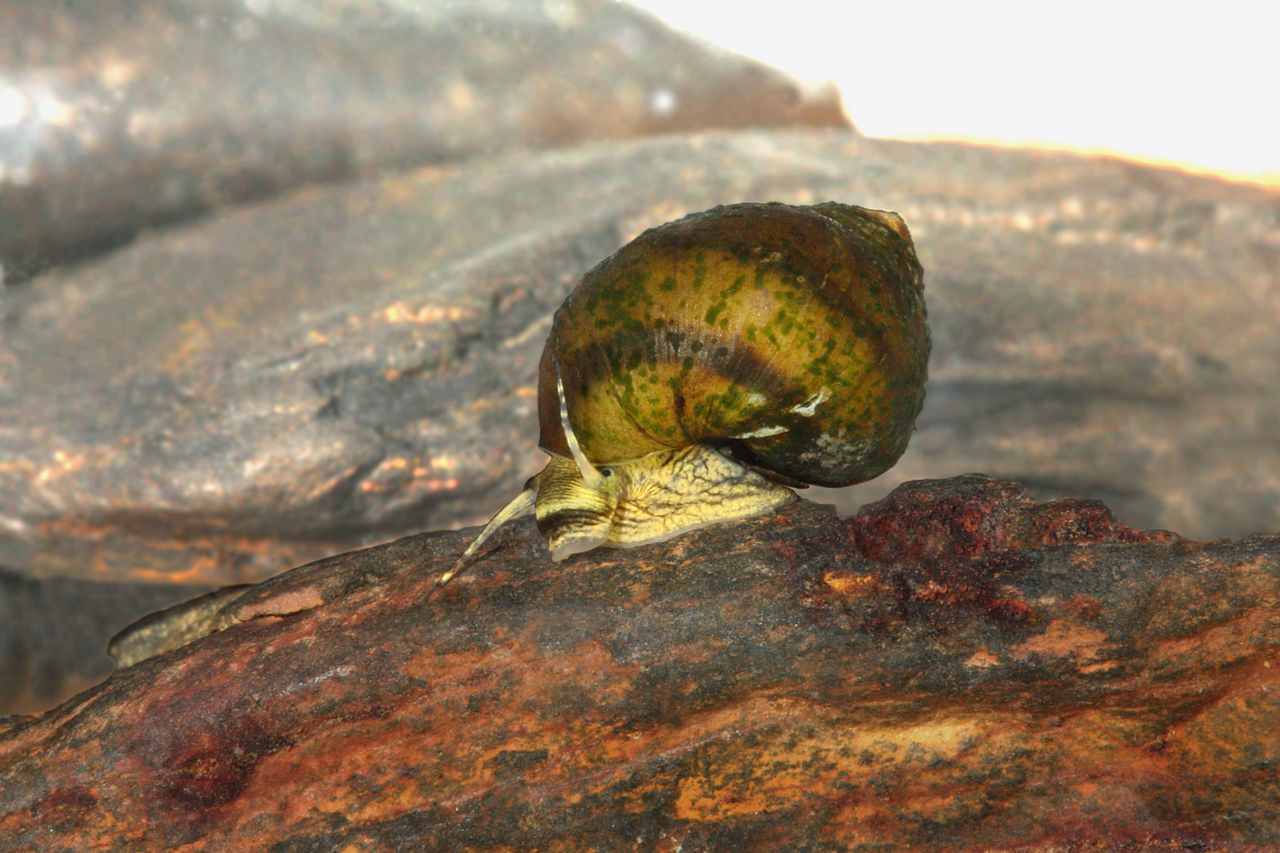Alabama snail once thought to be extinct proposed for endangered species protections
An Alabama snail so rare that for decades it was thought to be extinct has been proposed for federal endangered species protections.
The U.S. Fish and Wildlife Service has proposed listing the oblong rocksnail as endangered, a move that would boost efforts to protect and reestablish the rare species.
The oblong rocksnail is known to inhabit only about 5.6 miles of the Cahaba River south of Birmingham, according to the Wildlife Service.
The Center for Biological Diversity — which petitioned the Fish and Wildlife Service to list the animal as endangered in 2016 along with Cahaba Riverkeeper — said the once-common snail hadn’t been seen for 70 years until it was rediscovered in 2011, and was declared likely extinct in 2000.
“I’m so relieved that we have a second chance to save this unique snail,” Will Harlan, a senior scientist at the Center, said in a news release. “We almost lost the little oblong rocksnail forever. We can prevent it from going extinct and improve the health of the Cahaba River which it needs to survive.”
The Fish and Wildlife Service says the snail was once abundant in the Cahaba, but now can only be found in around 11% of its historic range. The snail populations were nearly wiped out due to habitat loss and decreasing water quality from excess sediment pollution, oil spills, agricultural and urban runoff and stormwater pollution in the Cahaba and its tributaries.
Like many of Alabama’s endangered species, the oblong rocksnail needs clean, free-flowing water to thrive.
“Aquatic snails such as the oblong rocksnail are ecological scavengers that help keep the water clean and play a vital role in keeping rivers and streams healthy,” U.S. Fish and Wildlife Service acting Regional Director Michael Oetker said in a release.
If the rocksnail is listed as endangered, any development or activities that require state or federal permits within the snail’s critical habitat would have to include plans to minimize the damage to the snail’s habitat. An Endangered Species Act listing generally does not limit the actions of private landowners on their own property.
The Wildlife Service has not yet determined which areas would constitute the critical habitat for the species, saying it will first conduct an economic impact study.
The Cahaba River is a biodiversity hotspot in central Alabama, home to more than 135 different fishes, 50 mussels and 32 snail species. The Wildlife Service says that 50 of those species are considered imperiled by the state of Alabama, and 12 are listed as threatened or endangered on the federal Endangered Species List.
“Federally protecting this species and its habitat renews our commitment to conserve and recover aquatic animals within the Cahaba River, which is a biological treasure for wildlife and humans,” Oetker said.
